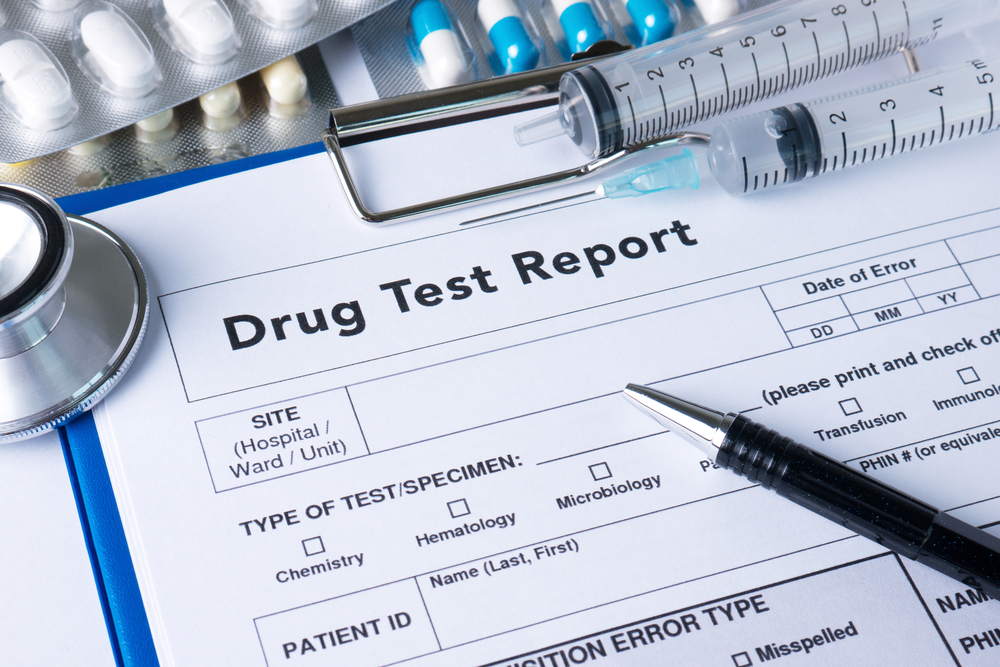Education
How Long Does Weed Stay in Your System?
There’s no one clear-cut answer to the age-old question, “how long does weed stay in your system?”
As much as we would like there to be, there is no definitive, medically reviewed or confirmed timeline to find out how long weed stays in your system.
This uncertainty stems from the fact that there are just too many ongoing variables regarding how marijuana interacts with every individual body, relating to a person’s frequency of use, tolerance levels and unique physicalities, such as their body fat percentage, to name a few.
That said, before you hang your head or shed a tear, not all hope is lost.
Research surrounding the relationship between marijuana and how it impacts and interacts with the human body continues to develop, with the catalogue of evidence growing almost daily.
Through such studies, scientists have been able to establish general, broad ranges to attempt to address the inquiry of “how long does marijuana stay in your system?”
Today, we’re breaking down the fundamentals regarding how cannabis enters and interacts with your body, as well as how long current research indicates it sticks around inside of you.
Let’s get started because there’s a lot of information to cover!
How Does Weed Enter Your System?
To understand how long weed may stay in your system, we should first take a step back and take a look at how THC enters and travels throughout the body.
Ultimately, it comes down to the marijuana product you’re ingesting and how you’re doing it.
If you’re a more traditional, conventional toker that enjoys sparking up a good, old-fashioned joint, blunt or hitting a weed pipe or vaporizer pen, the THC will enter your system through your lungs. More specifically, it’ll pass through the tiny air sacs in your lungs called alveoli.
From there, it’s transported to the bloodstream and directly to the heart. In the heart, blood is pumped throughout the rest of the body, and the THC can bind to the cannabinoid receptors in the brain and peripheral nervous system.
These cannabinoid receptors are part of what’s collectively known as the endocannabinoid system (ECS), a biological network that contains natural endocannabinoids which THC can mimic and bind to.
The ECS is crucial in maintaining and regulating several essential bodily functions, including appetite, mood and memory.
Opposingly, if you were to opt for a THC tincture or edible, the process is entirely different.
Unlike smoking or vaping, the THC in weed edibles travels through the liver and digestive system rather than the lungs.
During this process, it is metabolized and converted into a separate compound called 11-Hydroxy-THC.
11-Hydroxy-THC is far more potent than standard Delta-9-THC, meaning that it will have a much more profound impact on the endocannabinoid system, which is why you’ll likely discover edibles to produce more intense, enhanced and longer-lasting effects. That said, how long edibles do last depends on various factors such as how much food you’ve eaten prior, your tolerance to cannabis and physiology.
Interested in learning more about how marijuana impacts us? Check out our full breakdown to find out more about the intricacies of the endocannabinoid system!
How Long Does Weed Stay in Your System? – Influencing Factors

Multiple elements may impact the length of time that THC will remain in your system, including but not limited to:
Dosage Level
It doesn’t take a genius to determine that the more THC or higher dose you consume, the longer it will take for your body to break it down, work it through and eventually eliminate it and any corresponding THC metabolites.
If you have a drug test coming up, this information is especially important to keep in mind.
As unfortunate as it may be to hear, the best way to ensure that the scan doesn’t detect the presence of any leftover THC metabolites from your weed coursing through your system is to have minimal to no doses leading up to your anticipated drug test.
In other words, if you want to pass a drug test, the best way to do so is to decrease or entirely stop your cannabis consumption leading up to it.
Frequency of Use
Like how higher doses will take longer to leave your body, the overall duration and frequency of cannabis use will also significantly influence the length of time the marijuana and THC will stay in your system.
In other words, most research indicates that THC stays in chronic or frequent cannabis users’ systems far longer than occasional or infrequent users.
Additionally, regular cannabis use can lead to other adverse outcomes, including the potential for cannabis withdrawal symptoms.
Individual Physicality
No one body is created equally, and this simple fact directly impacts the more complex interaction between marijuana and the individual user.
Factors such as a person’s metabolism will determine how quickly the body breaks down cannabinoids.
So, someone with a naturally higher metabolism may eliminate cannabinoids faster, causing the length of time where THC and any THC metabolites are in their system and detectable via drug test to be shorter than someone with a slower metabolism.
Additionally, a person’s body fat will all play a massive role.
One of the THC metabolites, THC-COOH, is fat-soluble, meaning it’s absorbed by fats, where it may remain for an extended amount of time.
In the same realm, when someone exercises, it can also impact the number of detectable THC metabolites.
When you burn fat, THC that has been lying dormant in that fat may be released into the blood and excreted from the body, via you going number one or number two if you catch our drift!
Different THC Testing Methods

In the context of physical features and processes, depending on the type of drug test or drug screening administered, the duration of how long weed stays in your system will vary.
If you’re confused by what this means, we’ll expand on this concept in further detail below.



